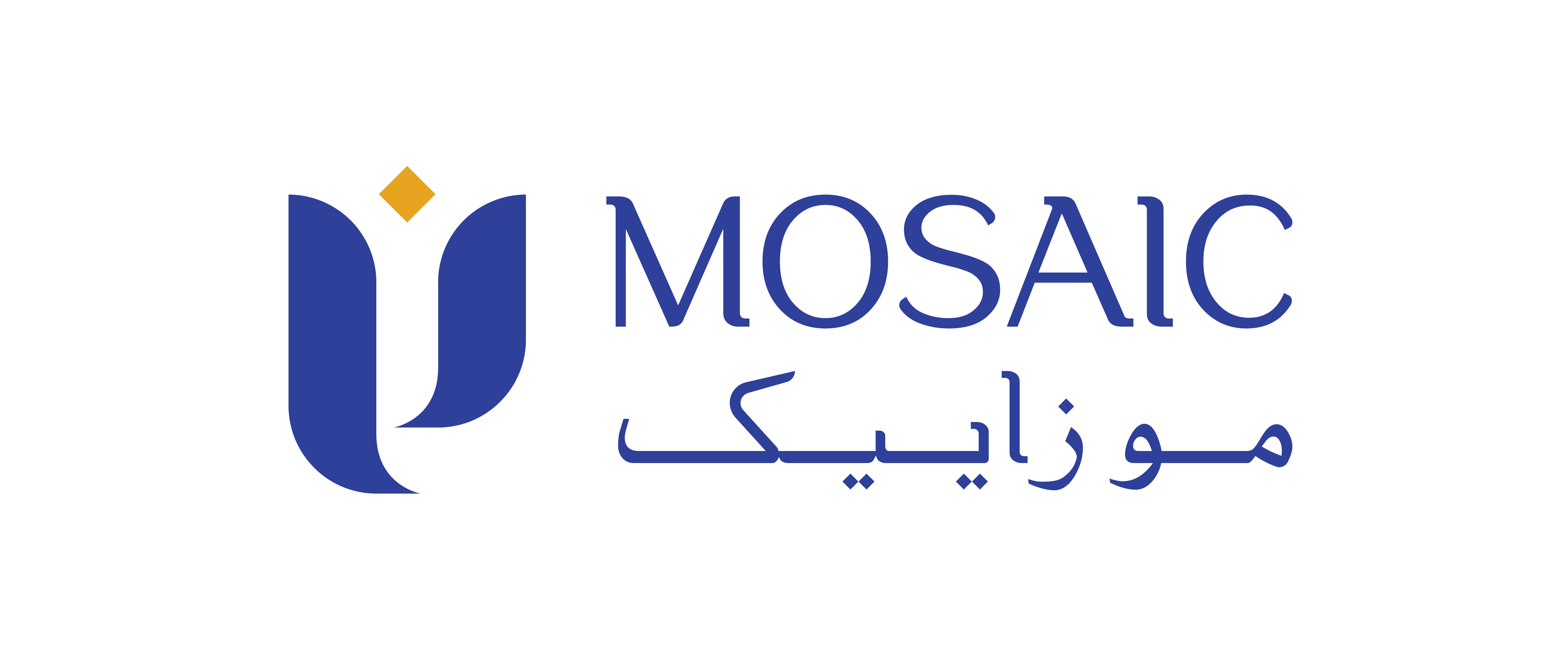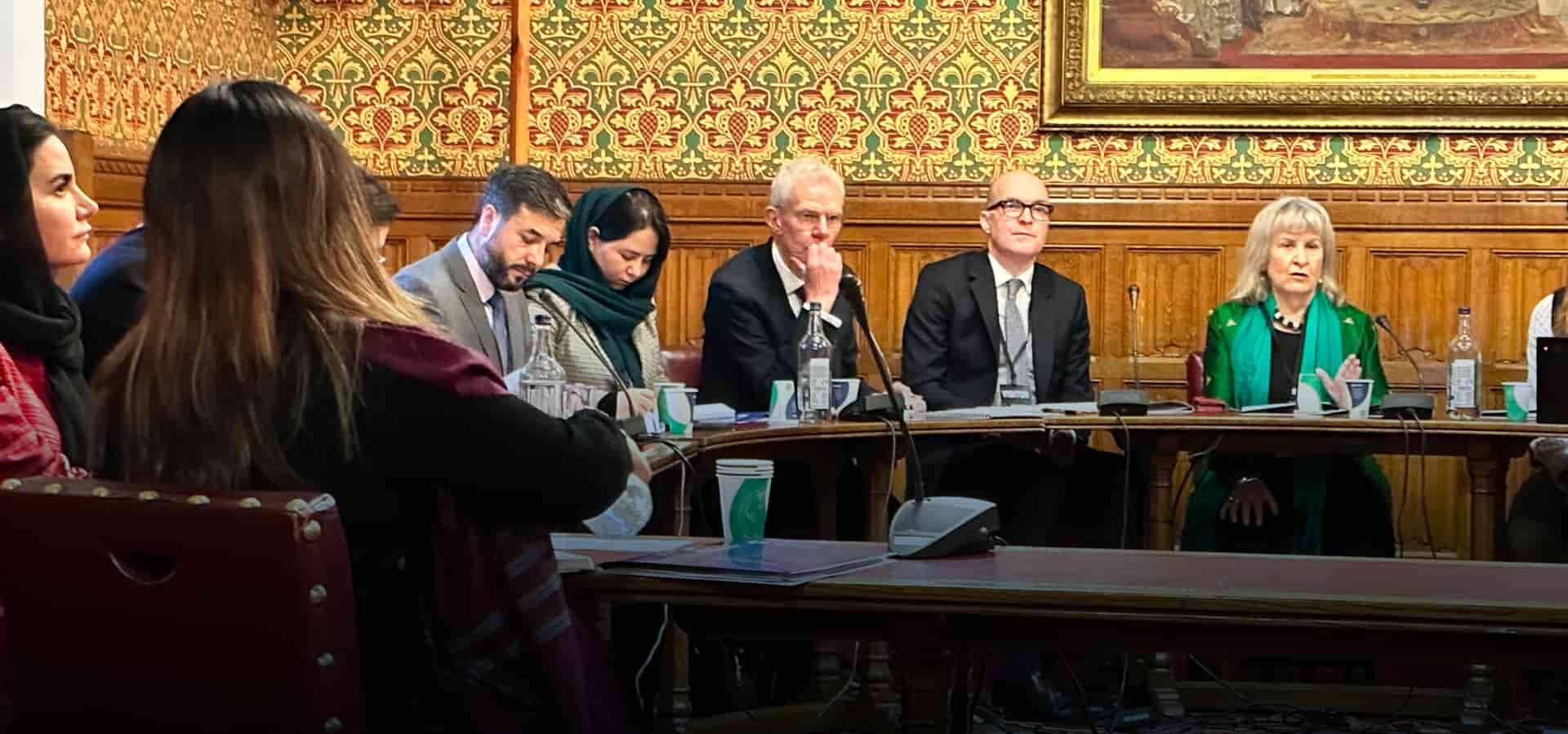UK Parliament House of Lords’ Meeting to Discuss the Establishment of a Civil Society Forum of Afghanistan
A meeting was convened with representatives from the British Parliament to address the pressing need for the establishment of a civil society organisation in Afghanistan. It brought together members of the House of Commons and the House of Lords, as well as journalists, activists, academics, members of civil society, and Afghanistan’s intellectuals in exile. The meeting was led by Baroness Helena Kennedy of the Shaw and co-hosted by Mosaic Afghanistan, a non-for-profit in the UK, and the Tony Blair Institute for Global Change.
The objective of this meeting was to facilitate discussions and exchange of views on the importance of creating an inclusive, diverse, and democratic civil society forum in Afghanistan to engage with western governments, parliaments, as well as international organisations on policy and strategy on Afghanistan.
The meeting brought together a distinguished panel of speakers who offered their insights and expertise.
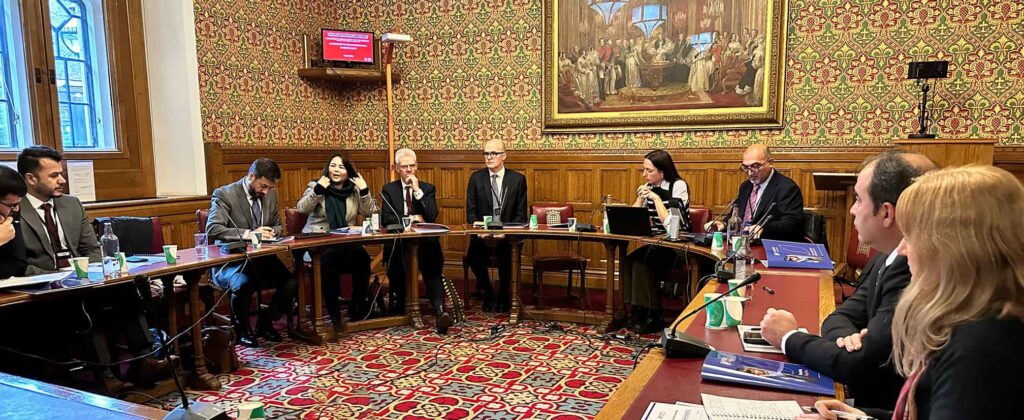
Mr Zalmai Nishat of the Tony Blair Institute for Global Change; David Loyn, former BBC journalist and former advisor to President Ashraf Ghani; Dr Nasir Andisha, former Deputy Minister of Foreign Affairs of Afghanistan and the current Ambassador and Permanent Representative of Afghanistan to the United Nations in Geneva; Masoud Amer, Head of the Center for Afghanistan Policy Studies; Zahra Joya, Journalist and editor in chief of Rokhshana News Agency; Catherine West, MP, Foreign, Commonwealth & Development Office (FCDO) Shadow Minister for Asia Pacific, and member of the Labour Party in the UK Parliament.
The panel was moderated by Jemima Shelley of the Tony Blair Institute for Global Change. Mark Logan, MP, who leads the Afghanistan All-Party Parliamentary Group (APPG) in the UK Parliament, and Wendy Chamberlain MP, who leads the APPG on Women and Girls in Afghanistan in the UK Parliament, were among the participants in the session. This includes the FCDO representative from the Afghanistan desk, Ms Rachel Chetham-Smith.
Primary discussions were on the needs and mechanisms of creating an inclusive, diverse, and democratic civil society forum in Afghanistan. The insights shared by the speakers contributed to a comprehensive understanding of the challenges faced by the people of Afghanistan after the Taliban’s second takeover of power in August 2021. Each speaker addressed various critical aspects, shedding light on challenges, and emphasizing the urgency of establishing a civil society forum to engage on several policy issues with western governments. These include;
1- Counterterrorism and counternarcotics
2- Human rights and women’s rights issues
3- Pluralism and diversity of society
4- Humanitarian assistance to Afghanistan (while avoiding Taliban misuse)
5- Education and the Taliban’s ambition of mass radicalisation of the youth
6- Facilitation of dialogues: civil, political, and religious (coupled with national and regional)
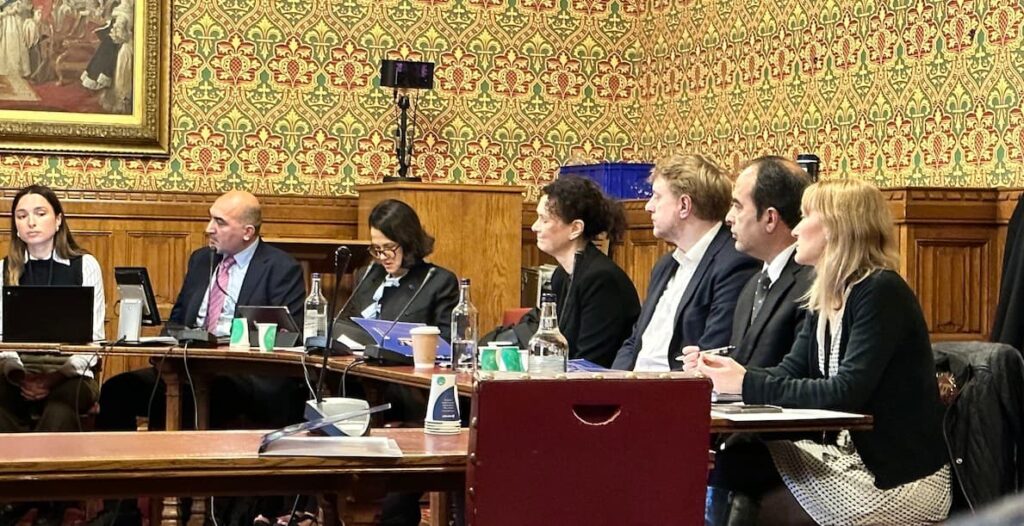
Mosaic Afghanistan and the Tony Blair Institute for Global Change have developed a solid proposal on the necessity and mechanism of the establishment of an inclusive, diverse and democratic civil society forum. Tony Blair Institute has previously published on the necessity of engaging with the democratic forces of Afghanistan to empower an alternative political vision in post-2021 Afghanistan. Also, through a joint collaboration, the two organisations have amplified the voices of Afghanistan’s civil society, underscored the persecution of Hazara communities, and have highlighted the imposition of ‘gender apartheid’ against women and girls in the country.
As the international community continues to engage in efforts aimed at supporting Afghanistan’s stability, by emphasising the importance of human rights, the need to create an inclusive and democratic system, counterterrorism efforts, as well as locating ways to prevent the exacerbation of a humanitarian catastrophe, the outcome of this meeting can provide valuable insights for future initiatives focused on fostering an inclusive and participatory civil society for Afghanistan.
